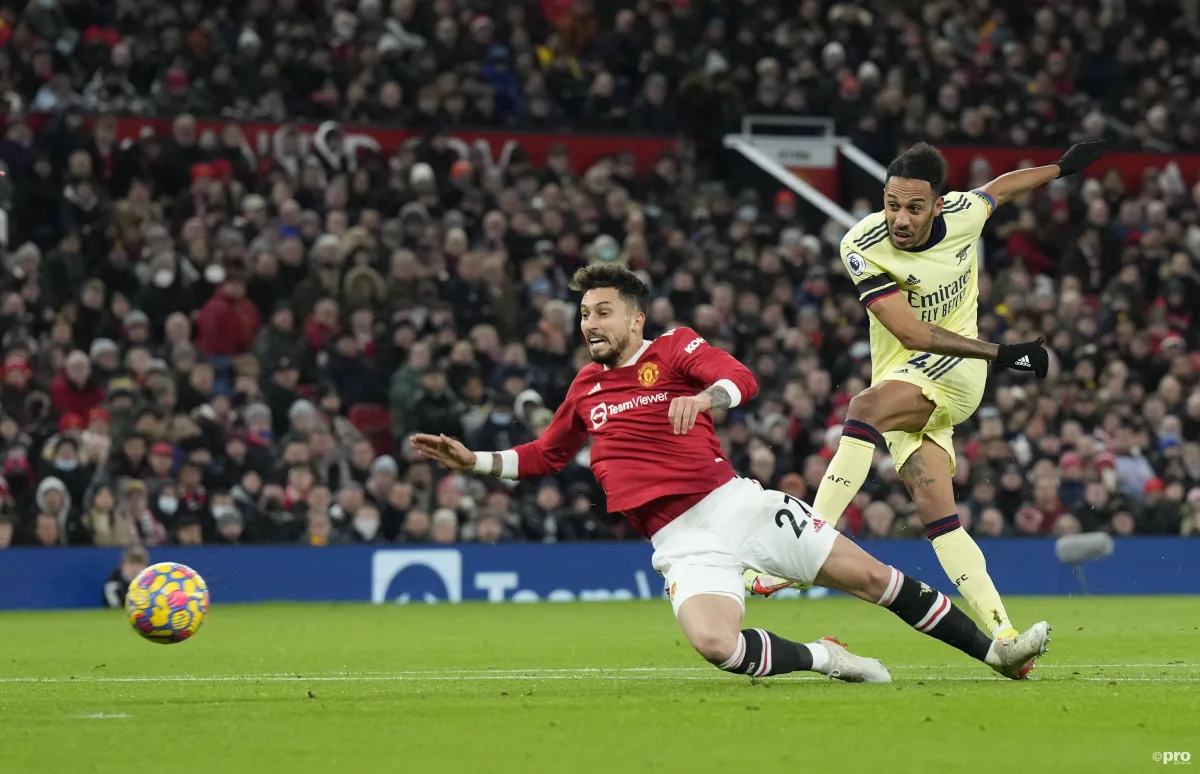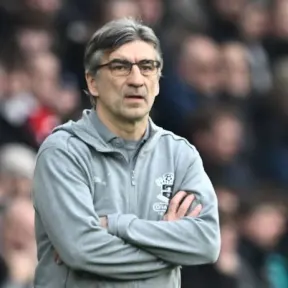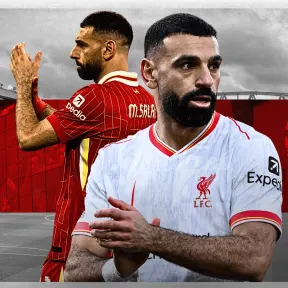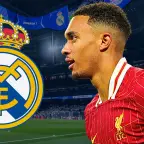How Covid could alter Man Utd, Arsenal and Chelsea’s January plans

The Premier League has taken the decision to fulfil its festive calendar of fixtures, despite ongoing disruption caused by Covid-19.
Saturday's fixture list was decimated as only Leeds' home match with Arsenal went ahead.
This latest outbreak, widely thought to be caused by the more transmissible omicron variant of the virus, had already seen matches postponed earlier in the week, with Tottenham and Manchester United notably impacted.
Liverpool and Chelsea, too, have seen cases in their squads, though ultimately not in sufficient numbers to warrant any postponement.
Clubs have now been told that if they have 13 fit players, plus a goalkeeper, any fixture should be played.
“You don’t know when you have to play and when you don’t and we have some examples of that,” Arsenal boss Mikel Arteta previously complained.
“We want to know the context where we’re going to be competing and if there are certain things that you don’t meet, then the game is off, and if you do, the game is on. Then we all know and it’s a fair competition.”
What Covid will do to Premier League transfer market
What the latest developments in the pandemic do mean, however, is that clubs will need bigger squads heading into 2022 in a bid to offer insurance not only against clusters of cases but also in the event of a packed fixture calendar.
This has been a rapidly changing situation and it is likely that teams, having seen what has happened this weekend, are re-assessing their needs for the second half of the season.
Deep squads could be needed like never before and that is bound to affect the futures of many players around the league. It would be no surprise to see clubs suddenly have an additional desire to keep hold of squad players.

Manchester United’s Edinson Cavani, Chelsea’s Ruben Loftus-Cheek and Kepa, and perhaps even Arsenal’s exiled Pierre-Emerick Aubameyang could all grow in importance simply by being another able body available.
Virtually every club will be having second thoughts over players they previously considered expendable. If they can afford to keep them, selling in this uncertain position represents a gamble.
Over the last two years, life has changed in unprecedented ways due to Covid-19, and the virus may just have thrown a curveball before the January market, too.






















